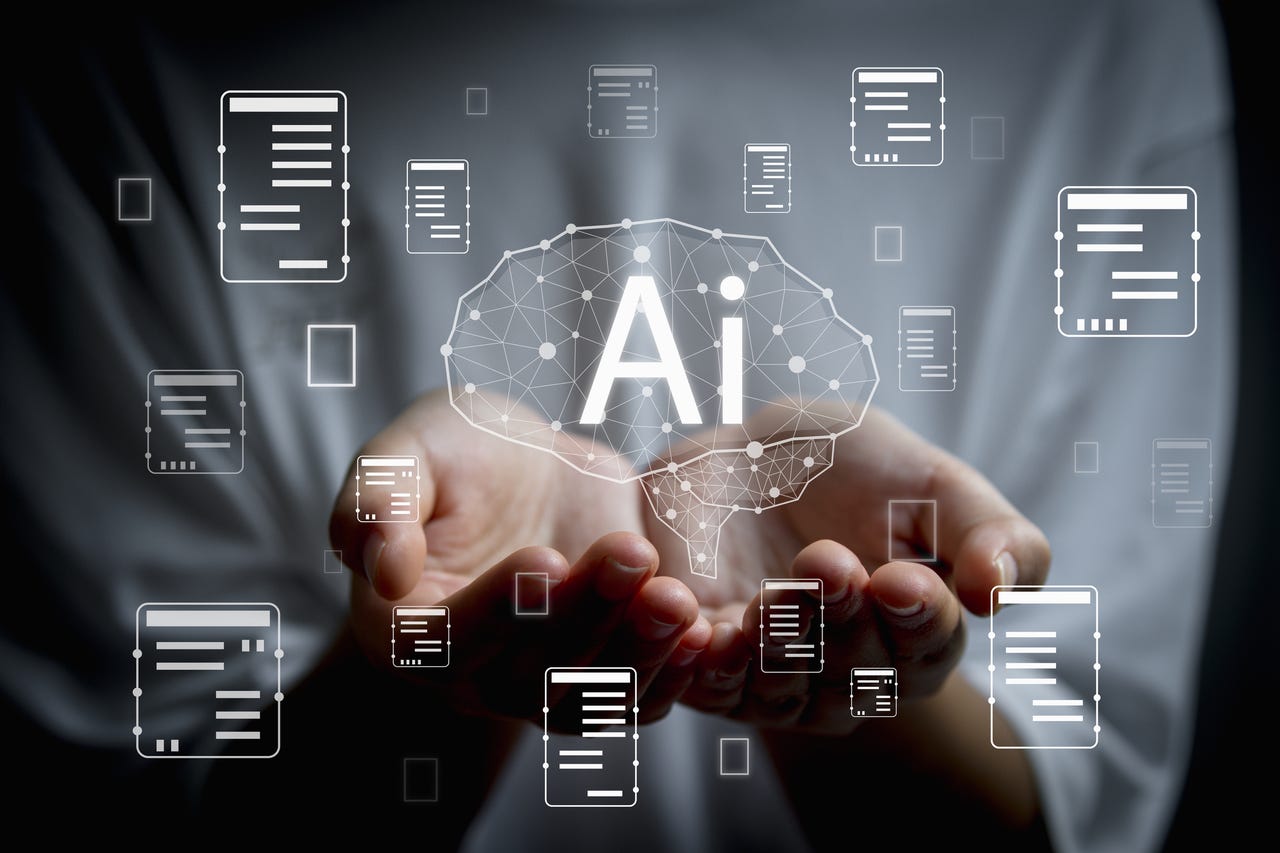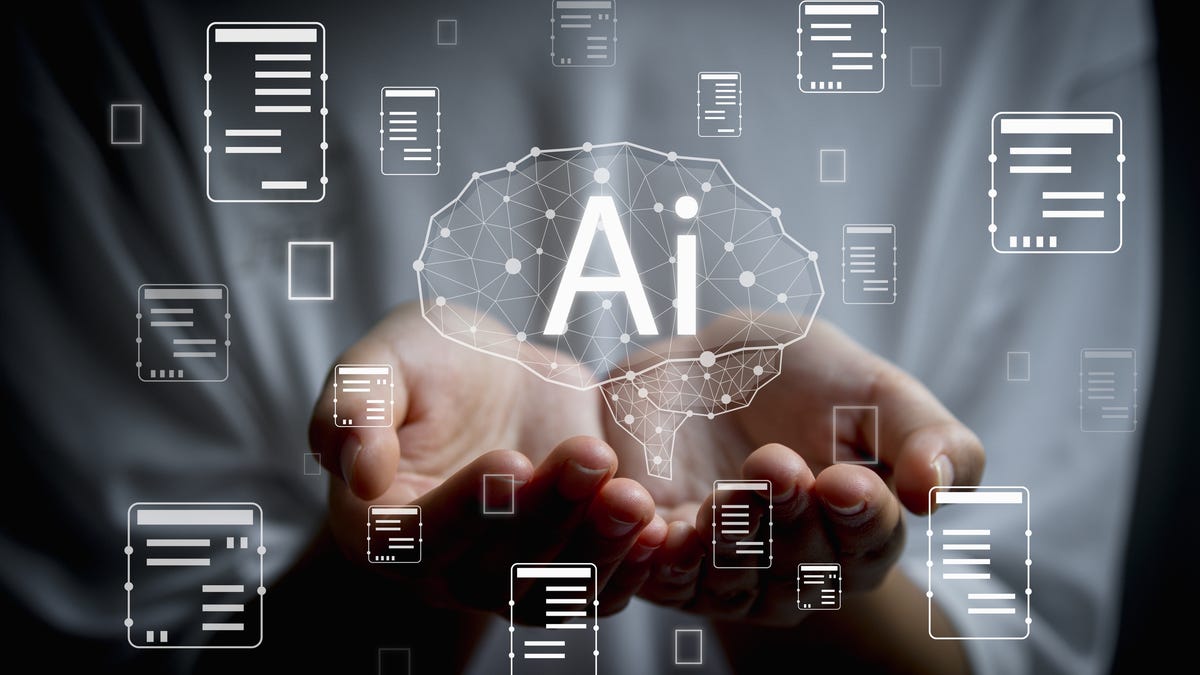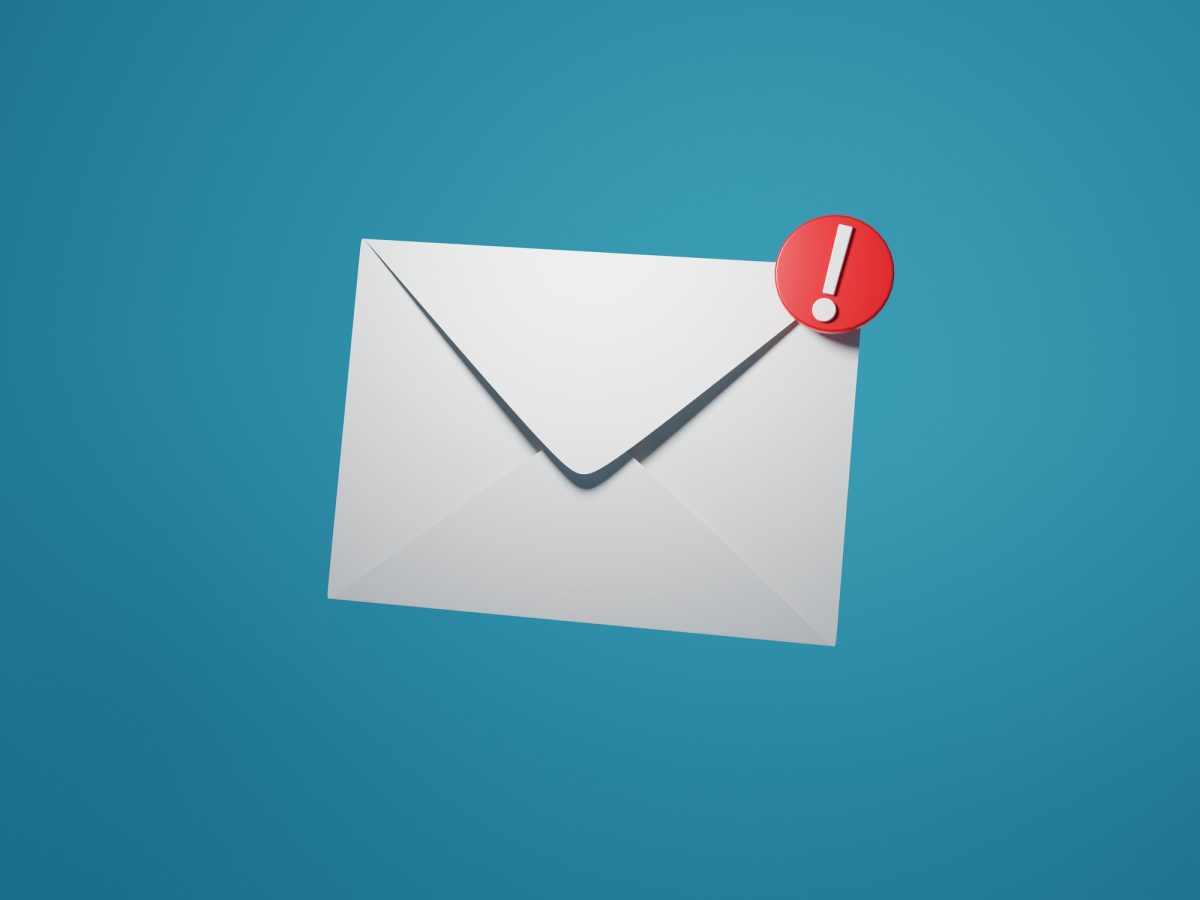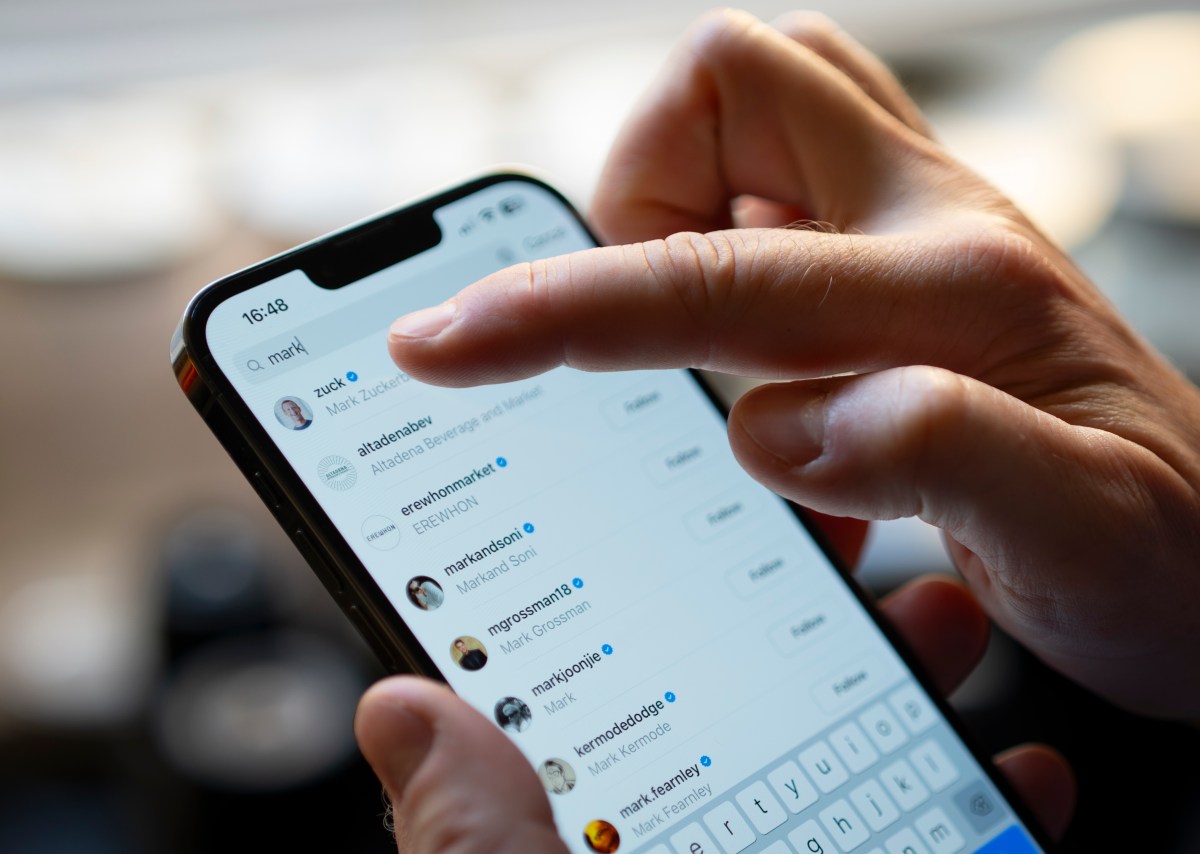Is humanity really doomed? Consider AI’s Achilles heel

I’m an artist. Besides being a tech journalist, I also write novels and I’m an actor. This is who I’ve been for nearly four decades.
During my time as a creator of various types of art, I’ve witnessed just about every threat to what I do come and go. From CGI to click farms, from those who spend more time attempting to beat the Amazon algorithm and onto those who were cast in a role simply because they had a massive social following.
Also: The best AI chatbots: ChatGPT and other noteworthy alternatives
But never have I witnessed something that filled creative types across the globe with such existential dread as the rise of of artificial intelligence (AI).
This challenges puts me in the strange position of being at odds with myself. After all, AI is technology, which I cover. At the same time, AI poses a grave threat to my livelihood.
But that’s not the thrust of this piece…at least not on the surface. Allow me to explain.
Also: Generative AI is changing your technology career path. What to know
AI is a powerful, remarkable, game-changing tool that could be used for a lot of good. As AI is powered by insanely huge systems (and trained on massive troves of data), it will always be faster than humans. Imagine the predictions AI could make for a company, a government, or an organization. Weather patterns, environmental dangers, economic trends, population issues, pandemics…AI could pull off those kinds of feats in its sleep.
If used wisely (which is the operative term), AI could work wonders for humankind. However, the reality is that big business will use AI to boost profits, even at the expense of employees. Jobs will be lost in frightening numbers and society could wind up looking through a rather dystopian lens. That’s what capitalism does, and it doesn’t care who it takes down in the process.
But for those who are feeling a sense of doom, let me try to assuage your concerns by humanizing this problem.
What is AI?
First, I need to answer a rather important question. What is AI? To get an in-depth dive into what AI is, make sure to read this guide by my colleague, Maria Diaz.
In Maria’s words: “AI is a concept that has been around, formally, since the 1950s, when it was defined as a machine’s ability to perform a task that would’ve previously required human intelligence. This is quite a broad definition and one that has been modified over decades of research and technological advancements.”
Also: The dust will never settle and generative AI can help
As for my explanation of AI, it goes something like this. Imagine a massive and very complex computer program that allows you to feed in any source of data you like. You decide to input every play and sonnet written by William Shakespeare. After you’ve fed the machine all of his work, the AI then begins the process of training.
Once the machine has consumed all of the data you input, you can then request it to write a play in the style of Shakespeare about a bear who attempts to spend the night in a little pig’s house. The machine might fail simply because it might not know what a pig is. Unless “pig” is referenced in Shakespeare’s works, AI might struggle with the prompt. So, you might have to also input the story to The Three Little Pigs.
At this point, AI should be able to write the story you requested.
Also: What is generative AI and why is it so popular?
However, your tale is still missing something very important.
The missing piece that de-humanizes AI
This is where things should get a little hopeful for creative types everywhere. You see, William Shakespeare has something AI will never have — a life.
Shakespeare lived and experienced. He grew from his mistakes and felt joy (I assume) for every success. From every moment of his life, Shakespeare was affected. As an artist, I can tell you that everything in the world affects us. We are changed by interactions with humans and animals, we are moved by the sunset and experience profound connections.
Also: AI can write your emails, reports, and essays. But can it express your emotions?
All of this emotion, along with years of practice and experience, leads us to our “voice.” Every artist has a voice and we use it to make our work unique — and a voice is something AI will never have.
If you ask AI to write a play in the style of Shakespeare, it might get the iambic pentameter correct. It might even be able to play off the style that is woven throughout the Shakespearean canon. But AI will never have his voice.
Also: Human or bot? This Turing test game puts your AI-spotting skills to the test
You can feed into AI every book written by Stephen King and then ask it to write a book in his style. Whatever the outcome is, it will not have King’s voice. Why? Because AI isn’t Stephen King. AI hasn’t lived his life or experienced his joy and heartbreaks. AI hasn’t failed and learned how to grow from that failure.
In short, AI isn’t human and it never will be.
When I first started pondering the impact of AI on my work, I was quite concerned. But then I remembered that I was human and I have a unique voice. People read my work — not so much because of the stories I tell, or the information I put forth — because I have spent decades developing a voice that is decidedly mine and no one else’s.
The point of ‘know’ return
To borrow an album title from Kansas, we have reached the point of “know” return. AI will continue to grow, but it will never truly “know.” AI might be able to describe a sunset, but it cannot know a sunset or be profoundly moved by one. It cannot experience it because it doesn’t have the capacity to feel how moving a sunset can be.
AI can only know what we tell it. If you don’t tell AI what a pig is, it cannot know a pig. AI cannot see a pig, it cannot pet a pig, or experience how intelligent pigs can be. It can’t know these things because it’s not human.
Also: The best AI art generators: DALL-E 2 and other fun alternatives to try
So, instead of wringing our hands about the negative impact of AI, the focus should be on the positive impact that AI could have. If the companies with the skills and power to shape the landscape of AI were to put all of their effort and energy into ensuring that AI is only used to benefit humanity, the things it could do would be absolutely remarkable.
However, should those in control opt to use AI for the sole purpose of profit, things could go badly for everyone. That dystopia ends with a majority of society out of work, governments incapable of solving growing unemployment/poverty, predictive arrests (leading to a “guilty before proven innocent” state), and businesses that decided to let go of their workforce in favor of AI seeing their bottom line decimated because people have no money.
That description above might sound like the plot of a novel (which you can bet someone is writing as I type), but it’s not really all that far off the mark. That endpoint would be the highest price to pay for AI that has grown out of control.
Also: How I tricked ChatGPT into telling me lies
The saving grace is that AI will never be human, which is something we all have to remind ourselves of every day. It will never have an opinion, a soul, a heart, or a voice of its own.
AI is nothing more than the evolution of technology and will never best the human at being human.




